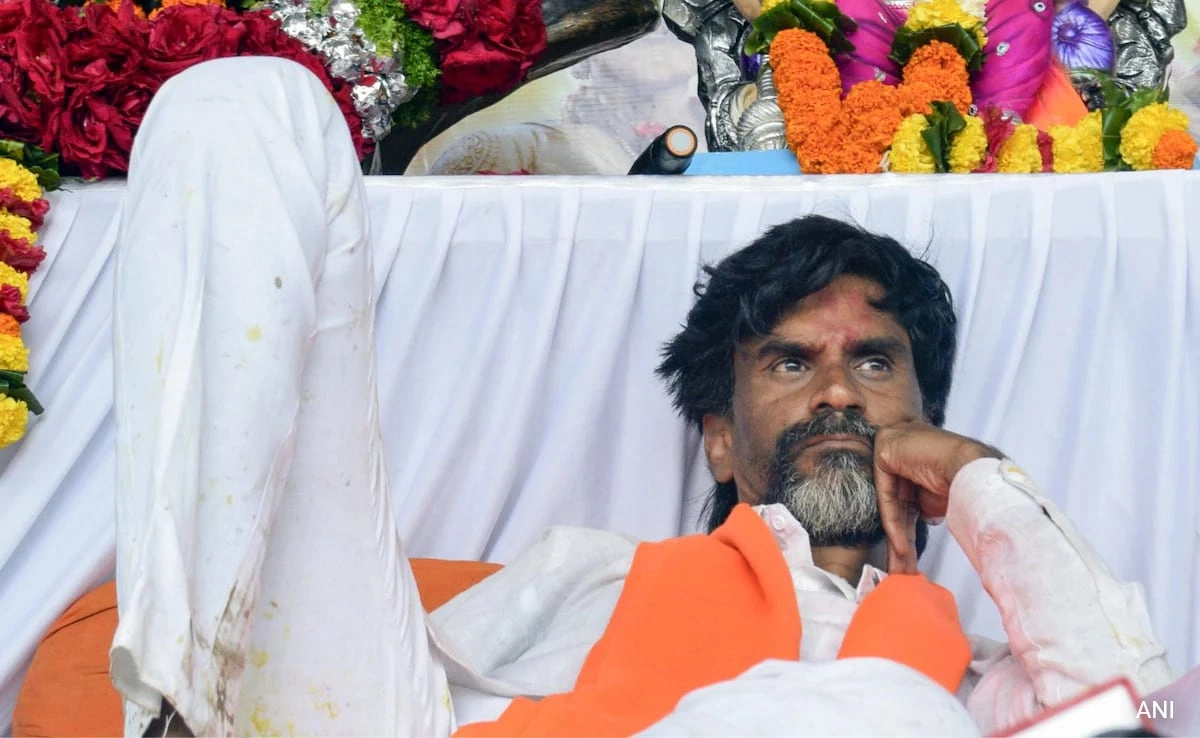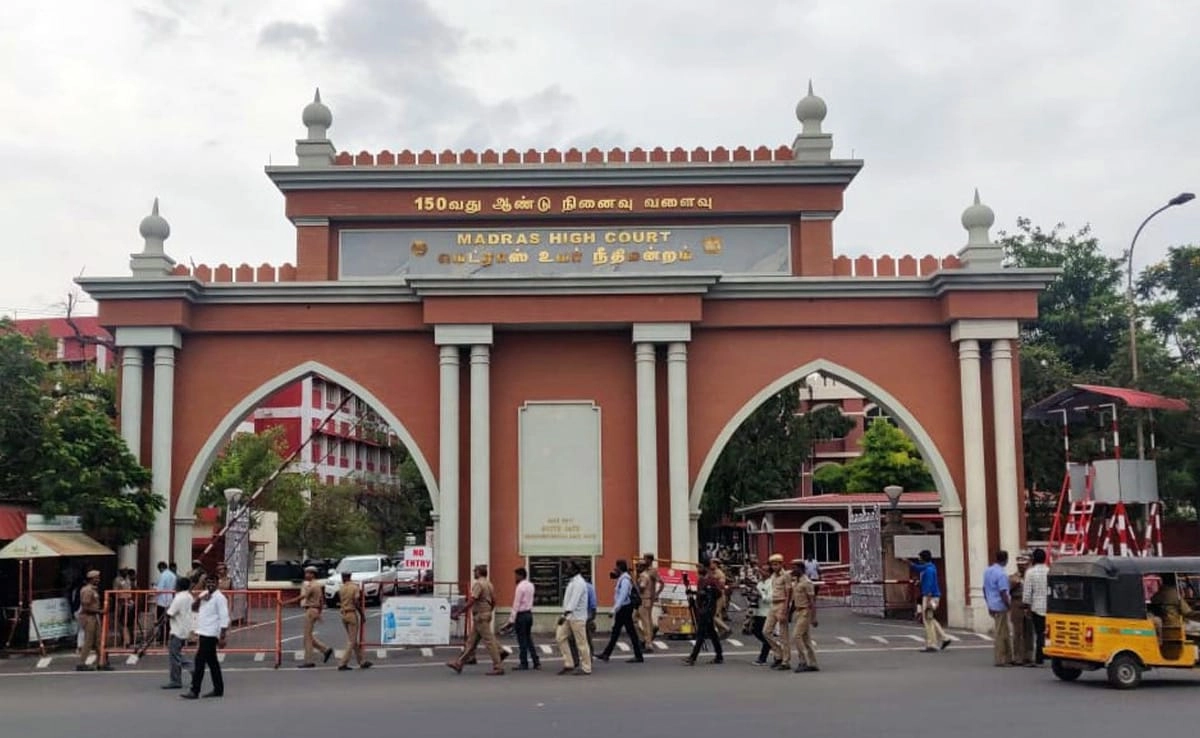Asaduddin Owaisi, the prominent Indian politician and leader of the All India Majlis-e-Ittehad-ul-Muslimeen (AIMIM), recently directed sharp criticism towards the Prime Minister of Pakistan and the Chief of the Pakistan Army regarding a controversy involving a fake photograph. His remarks, encapsulated in the phrase “Nakal Ke Liye Akal,” which translates to “It takes intelligence to copy,” underscore a broader commentary on the integrity and credibility of the Pakistani leadership. Owaisi’s statement not only highlights the issue of authenticity in media representation but also raises questions about the accountability of those in power when it comes to disseminating information.
The incident in question revolves around a photo that has been presented as evidence by the Pakistani authorities, which Owaisi claims is manipulated and fabricated. This incident serves as a reflection of the ongoing tensions between India and Pakistan, where misinformation often plays a significant role in shaping public perception and political narratives. Owaisi’s critique is particularly pointed as it targets the leadership of Pakistan, suggesting that they resort to deceitful tactics to bolster their position and divert attention from pressing domestic issues. By calling out this behavior, Owaisi not only seeks to challenge the Pakistani narrative but also aims to reassure his constituents of the importance of truth and transparency.
Furthermore, Owaisi’s comments resonate with a broader audience that is increasingly concerned about the impact of fake news, especially in an age where social media amplifies the reach of misleading information. His assertion serves as a reminder to both the Indian public and the international community about the necessity of critical thinking and discernment in the face of sensationalized claims. By holding the Pakistani leadership accountable for their actions, Owaisi emphasizes the need for responsible governance and ethical communication in politics. This controversy encapsulates the ongoing struggle between truth and falsehood in the political arena, underscoring the critical role of informed discourse in shaping a nation’s identity and future.
In essence, Owaisi’s remarks not only critique a specific incident but also call for a broader examination of the political tactics employed by leaders who might prioritize image over substance. The phrase “Nakal Ke Liye Akal” serves as a stark reminder that true leadership requires more than just mimicry; it demands wisdom, integrity, and a commitment to factual representation. As the discourse around fake news continues to evolve, leaders like Owaisi play a vital role in championing the values of honesty and accountability, thereby fostering a more informed and engaged citizenry.




